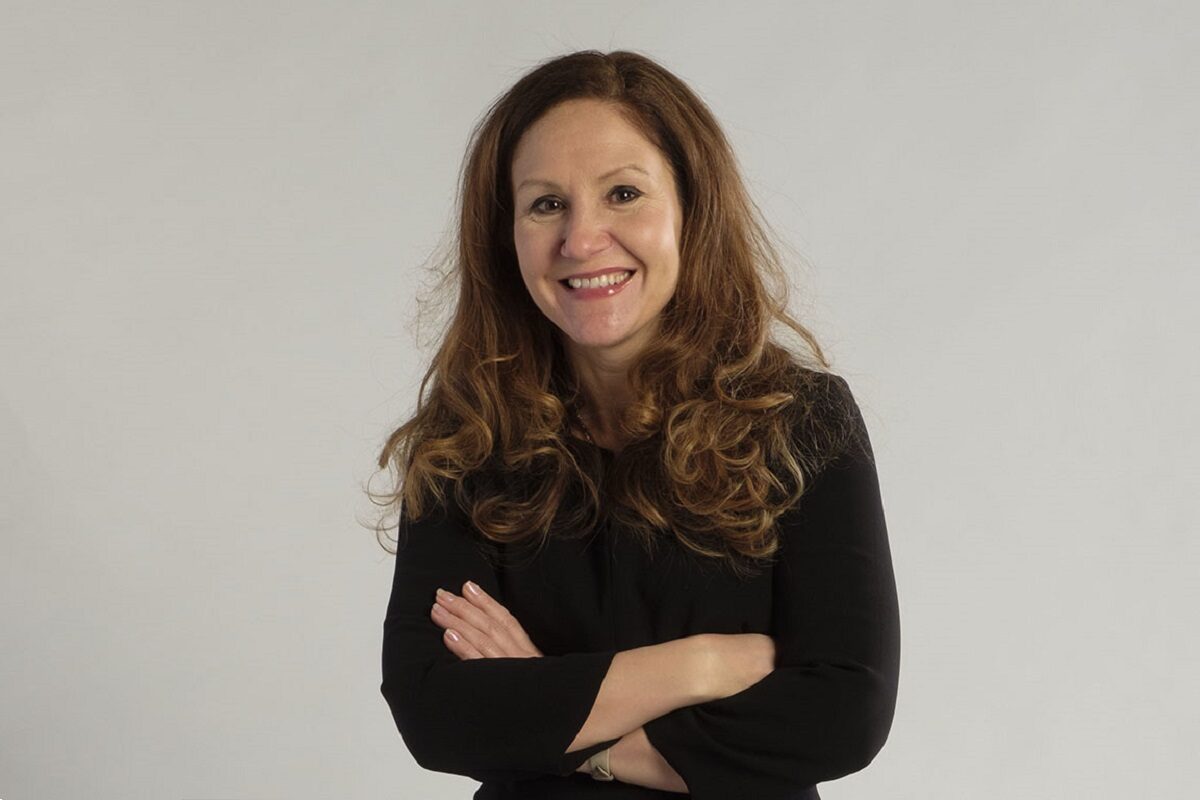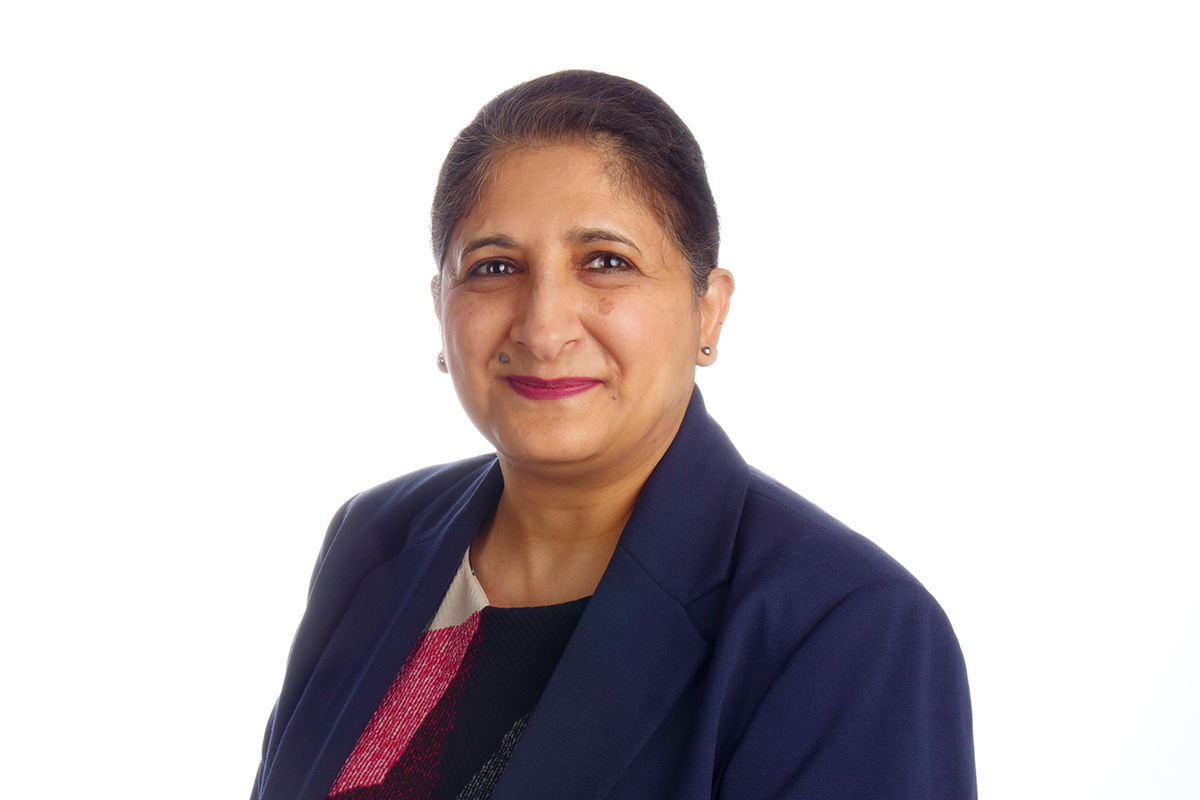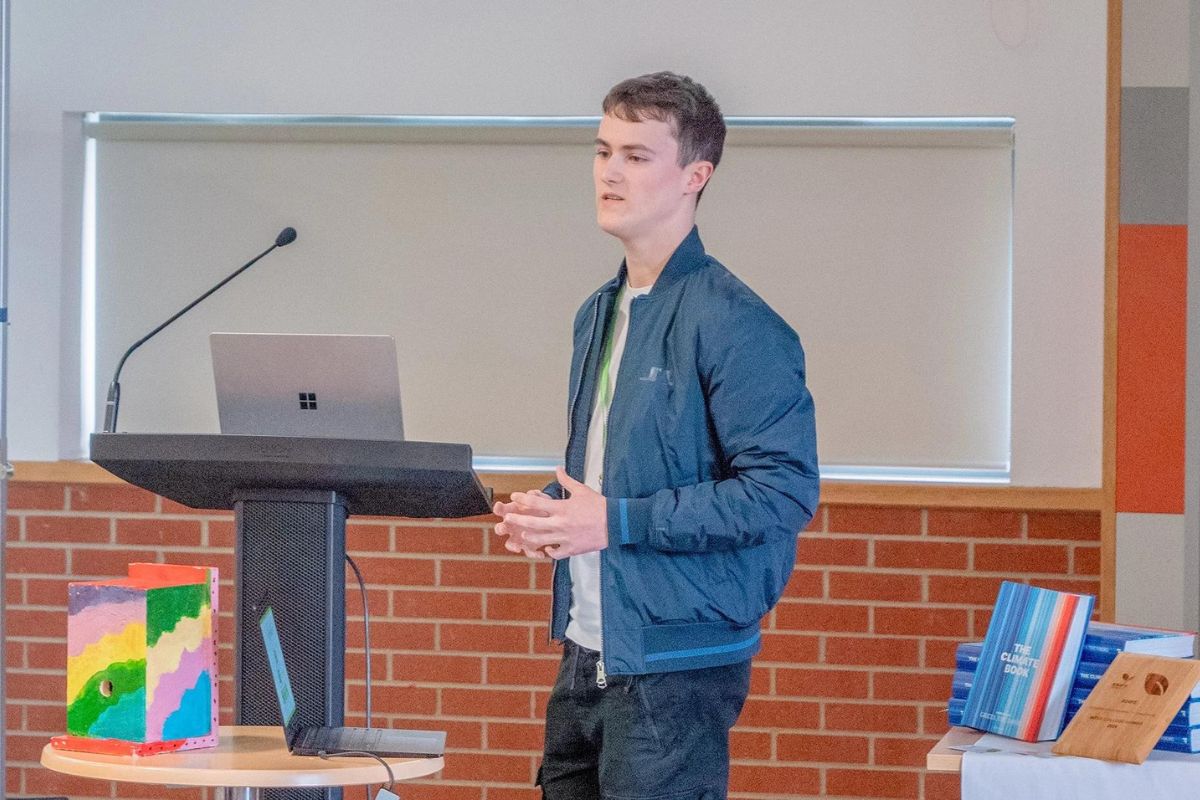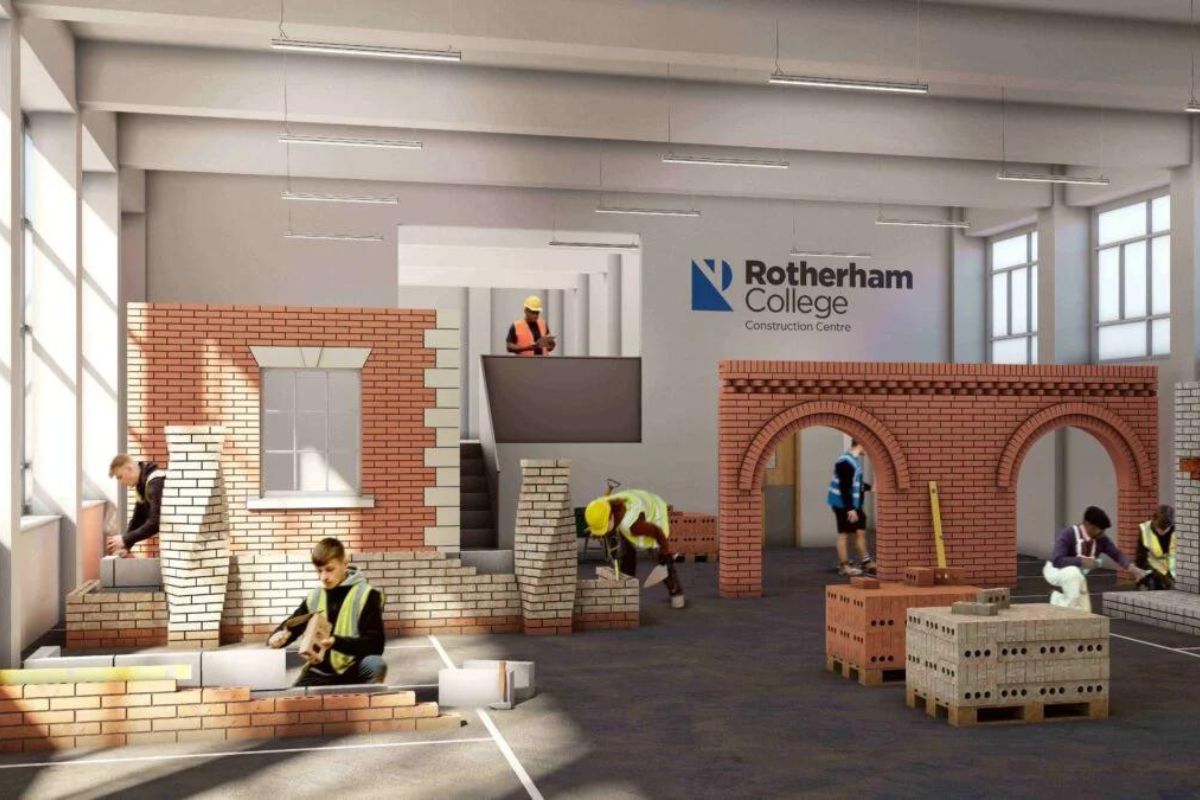Why do we need to focus on non-traditional learners?

Ahead of Heriot-Watt University’s Future Skills Conference at Expo 2020 Dubai on 8 December, Dr Gillian Murray, explores the changes in the student population and provision of courses needed for jobs of the future:
The student population is changing, new courses are needed for the jobs of the future
Education is becoming more important than ever, especially in today’s economy where the skills needed to succeed are rapidly evolving. As part of this, one of the most significant shifts in higher education is the incredible growth of the adult student population or ‘non-traditional student’.
In the past, most students were in their late teens or early 20s, but now many are learning from a distance rather than studying on campus, with our largest group of students by age, now in their late 30s and early 40s. Instead of filing in and out of lecture theatres and the university library, students are learning online at a time to suit their busy lives, allowing them to juggle their careers, childcare, or looking after ageing parents.
By 2030, so-called ‘non-traditional’ students like these are predicted to overtake traditional, campus-based students. That growth is being driven by developing countries and by workers wanting to update their skills or learn extra skills to help advance their careers.
The impact of the pandemic has resulted in an accelerated acceptance and understanding about the benefits of digital learning among individuals and the urgent need from businesses to build a suitable pipeline of talent.
Industry is struggling to hire talent in high-growth areas, including tech, sales, health and management, with reports suggesting a $8.5tn talent shortage by 2030. The global workforce is predicated to grow by 230 million people by 2030, according to the World Economic Forum. It is expected to happen at a time when up to 50 per cent of today’s jobs are changing due to new technology, decarbonisation and growth industries.
It is critical that education provision within the next 10 years and beyond, is relevant for ensuring our world and economy flourish. The full implications of technological disrupters fuelled by global connectivity and data is becoming increasingly prominent as most nations strive for net zero economies.
Universities must facilitate this shift in education, continuing to cater for students who are leaving school but ensuring that adults of all ages can receive a world-class education at any age, anywhere in the world.
These non-traditional learners will be at the heart of our Future Skills Conference, which is taking place at Expo 2020 Dubai on 8 December. Our day-long event will bring together experts from throughout the world to discuss the new ways in which our students are learning, as well as the skills they will need in the jobs and industries of the future.
We’ll be discussing learning with a purpose – learning that will help to tackle the threats faced by the world, from the climate emergency through to coping with debilitating diseases like dementia. We’ll also be looking at the skills, the entrepreneurial mindset, and the need for lifelong learning to help our workforce grow the global economy.
Speakers at the event will include Datuk Yasmin Mahmood, widely known as Malaysia’s digital economy “ambassador” and appointed recently as chair of Heriot-Watt University Malaysia, which – along with our campus in Dubai – extends our reach around the globe. Other participants include Khaled Ismail, a vice president at food packaging maker Tetra Pak, and Alison Watson, founder and chief executive at Class of Your Own, a social enterprise that has been teaching young people about the construction industry since 2009.
During the conference, we’ll be launching Heriot-Watt Online, our new education initiative that will open up learning to thousands of people throughout the world. This isn’t simply online learning; these are tailored courses that have been developed in response from businesses to fill current and future skills gaps.
Courses offered via Heriot-Watt Online range from Masters degrees in subjects as diverse as data analytics, digital transformation, and logistics and supply chain through to undergraduate degrees and apprenticeships. Our university has a long history in this field, having delivered our online Masters degree in business administration (MBA) courses across 160 countries for the past 20 years.
Over the coming years, we aim to launch a further 20 Masters degree courses, which are targeted towards emerging industries. These courses will not only help students to develop the skills they need for their current jobs but also for the roles they’ll go on to fill in the future.
The new curriculum is aligned to the major technology disrupters and future innovations likely to shape the world of work through alignment with our world leading academics in fields such as AI, robotics, low carbon solutions, and sustainability.
Industry is calling out for these types of courses. Education of the future needs stronger collaboration with industry and government to shape the sectors and the skills of the future and deliver accessible and flexible work-based education at scale.
Developing the right types of courses to help capitalise on these opportunities is only possible thanks to the innovative research being carried out by universities such as Heriot-Watt. Our ambitious Industrial Decarbonisation Research & Innovation Centre (IDRIC) – run by Professor Mercedes Maroto-Valer – is at the forefront of helping businesses to cut their emissions and tackle the climate emergency, while our National Robotarium is developing technology to prevent humans from going into harm’s way, whether it’s decommissioning nuclear power stations, servicing offshore wind turbines, or navigating hazardous terrain for search and rescue following natural disasters.
Those advances in areas such as robotics and artificial intelligence highlight why it’s so important for our students – no matter their age or location – to continue developing their skills. Digital technology has already touched so many aspects of our working lives and the next steps will be for machines to begin carrying out routine jobs, freeing up humans to develop new skills to tackle the world’s most pressing problems.
Shaping the future and thinking ahead of ‘current needs’, education will be critical in defining the skills, lifelong learning and entrepreneurial mindsets needed from the global workforce to grow future economies. This futuristic mindset is critical to future skills particularly when the world is moving so fast.
As our Future Skills Conference at Expo 2020 Dubai approaches, our researchers and educators are continuing to develop the knowledge and understanding that they need to train both the current and next generation of students to help tackle the challenges facing the planet and harness the opportunities those challenges create. We hope you will join us on that journey.
Dr Gillian Murray is deputy principal for business and enterprise at Heriot-Watt University
Future Skills Conference – Expo 2020 Dubai
In today’s economy, where the skills needed to succeed are rapidly evolving, education is becoming more important than ever. According to the World Economic Forum, the global workforce is predicated to grow by 230 million people by 2030. This is expected to happen at a time when up to half of today’s jobs, around 2 billion, are at high risk of disappearing by 2030 due to automation.
Industry is struggling to hire talent in high-growth areas, including tech, sales, health and management, with reports suggesting a $8.5tn talent shortage by 2030. One of the most significant shifts in higher education is the massive growth of the adult student population, the ‘non-traditional’ student.
It is predicted that the number of non-traditional students will overtake traditional students by 2030 with huge enrolment growth driven by students in developing countries, first generation students, those with some college education who are reconsidering studies, and working adult learners wanting to rapidly progress in their career, career climbers, leapers and upskillers.
On 8th December 2021, the University is hosting a day-long Future Skills Conference exploring purposeful education, industries and jobs of the future, alongside the skills, lifelong learning and entrepreneurial mindsets needed from the global workforce to grow future economies. At the conference, the University will announce its plans for Heriot-Watt Online, a global platform aimed at non-traditional learners globally.












Responses